
Sparkling Dishes Guaranteed: Mastering Dishwasher Maintenance and Bacteria Removal Techniques
As we go about our daily lives, we often take for granted the humble dishwasher that sits in our kitchen, working tirelessly behind the scenes to keep our dishes clean and hygienic. However, like any other appliance, a dishwasher requires regular maintenance to function at its best, and neglecting it can lead to a buildup of bacteria and grime that can compromise food safety and even damage your appliances.
In this article, we’ll delve into the world of dishwasher maintenance and explore the best techniques for removing bacteria and ensuring sparkling clean dishes. From routine cleaning tasks to advanced methods for tackling stubborn stains, we’ll cover everything you need to know to keep your dishwasher running smoothly and your family’s health protected.
The Importance of Routine Maintenance
Regular maintenance is key to keeping your dishwasher in top condition. This includes checking and replacing worn-out parts, such as worn-out seals and gaskets, which can harbor bacteria and cause leaks. It’s also essential to run a cleaning cycle on your dishwasher every 1-2 months to remove grease and food particles that can accumulate and create an ideal breeding ground for bacteria.
But maintenance goes beyond just the physical aspects of your dishwasher. You should also pay attention to your detergent usage, as using too little or too much detergent can lead to poor washing results and a buildup of residue inside the dishwasher. Additionally, it’s crucial to check your water supply lines regularly for any signs of corrosion or damage, which can cause leaks and compromise food safety.
Removing Bacteria from Your Dishwasher
One of the most significant concerns when it comes to dishwashers is the presence of bacteria. These microscopic organisms can thrive in damp environments and feed on organic matter, such as food particles and grease. If left unchecked, bacteria can multiply rapidly and create a serious health risk for your family.
So, how do you remove bacteria from your dishwasher? The first step is to run a cleaning cycle with a specialized detergent designed to combat bacterial growth. These detergents typically contain enzymes that break down protein-based food particles and kill off bacteria on contact. You can also use a mixture of equal parts water and white vinegar as a natural disinfectant.
Another effective method for removing bacteria from your dishwasher is to run a hot water cycle with a tablespoon of baking soda added to the detergent dispenser. The heat and acidity in this cycle will help break down tough stains and kill off any lingering bacteria.
Advanced Methods for Removing Tough Stains
While routine maintenance and cleaning cycles can go a long way in keeping your dishwasher clean, there are times when you’ll encounter stubborn stains that require more specialized attention. These stains can be caused by a variety of factors, including burnt-on food particles, mineral deposits, or even rust from corroded metal components.
For these tough stains, you may need to resort to more advanced methods. One effective technique is to use a mixture of equal parts water and hydrogen peroxide as a stain remover. This solution will help break down tough stains without damaging the dishwasher’s surfaces.
Another method involves using a product specifically designed to combat rust and corrosion. These products typically contain chemicals that dissolve mineral deposits and prevent future buildup. Simply apply the product directly to the stained area, let it sit for several hours or overnight, and then run a cleaning cycle with a regular detergent.
The Future of Dishwasher Maintenance
As technology continues to advance, we can expect dishwashers to become more efficient and effective at removing bacteria and other contaminants from our dishes. One area of focus is the development of self-cleaning technologies that use advanced sensors and AI algorithms to detect and adapt to different types of stains and soil.
Another emerging trend is the integration of antimicrobial coatings into dishwasher components, such as seals and gaskets, which can help prevent bacterial growth and reduce maintenance requirements. Additionally, researchers are exploring the use of UV light technology to kill off bacteria and other microorganisms during the washing cycle.
While these innovations hold great promise for the future of dishwasher maintenance, it’s essential to remember that proper care and maintenance will always be crucial to ensuring your appliance runs smoothly and efficiently. By following the techniques outlined in this article, you can keep your dishwasher in top condition and ensure sparkling clean dishes for years to come.
Conclusion
Maintaining a clean and hygienic dishwasher is not just a matter of personal preference; it’s essential for protecting public health. By understanding the importance of routine maintenance, removing bacteria, and using advanced stain removal techniques, you can ensure your appliance runs smoothly and efficiently, providing sparkling clean dishes for years to come.
Whether you’re a seasoned chef or a busy homeowner, following these tips will help you master the art of dishwasher maintenance and guarantee sparkling clean dishes every time. Remember, with regular attention and care, your dishwasher can be a trusted ally in the kitchen, working tirelessly behind the scenes to keep your family’s health protected.



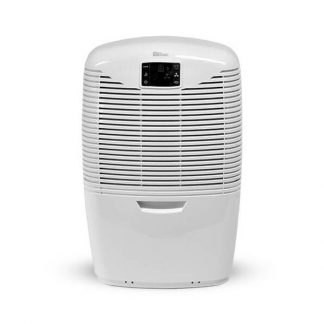
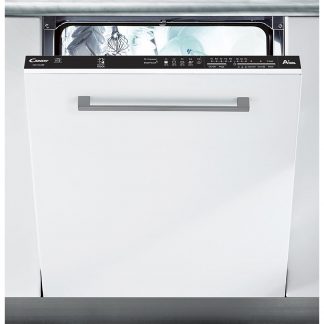
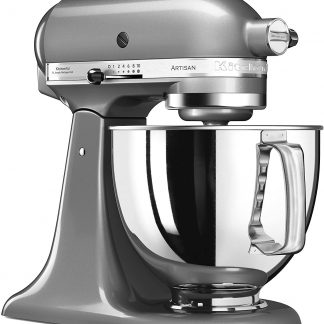
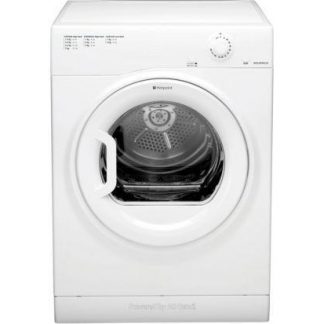
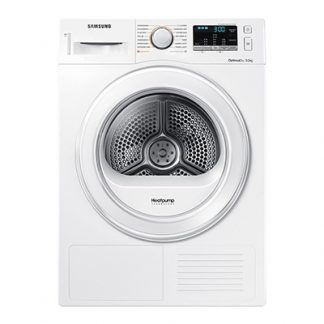

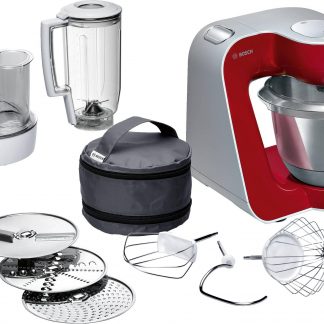
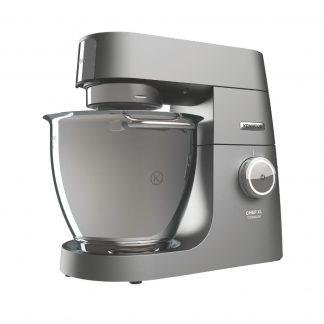
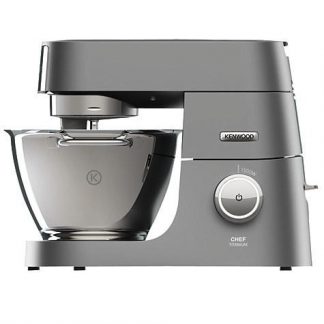
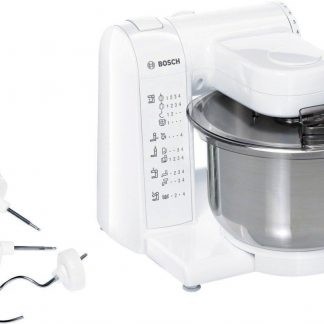
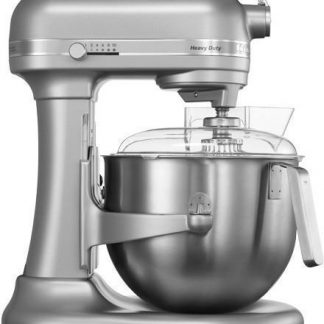
Firstly, always check and replace worn-out parts like seals and gaskets. It’s not just about preventing leaks; it’s about preventing bacteria growth.
Secondly, use the right detergent for your water type (hard or soft). Using too little or too much detergent can lead to poor washing results and a buildup of residue inside the dishwasher.
Thirdly, don’t underestimate the power of white vinegar. It’s not just a natural disinfectant; it’s also a degreaser that can help break down tough stains.
And finally, always run a cleaning cycle every 1-2 months to remove grease and food particles that can accumulate and create an ideal breeding ground for bacteria.
By following these tips, you’ll be well on your way to becoming a master dishwasher maintainer. And remember, with regular attention and care, your dishwasher can be a trusted ally in the kitchen, working tirelessly behind the scenes to keep your family’s health protected.
Are you kidding me? You think that’s all it takes to maintain a dishwasher and prevent bacteria growth? Replace some worn-out parts, use the right detergent, pour some white vinegar down the drain, and run a cleaning cycle every now and then? That’s not maintenance, Dakota. That’s just basic common sense.
Let me tell you what I’ve learned from years of using my dishwasher. Firstly, replacing worn-out parts is essential, but it’s not as simple as just replacing them willy-nilly. You need to do some research on the specific parts that are prone to wear and tear in your particular model of dishwasher. And even then, it’s not a guarantee that the problem will be solved.
And secondly, using the right detergent is crucial, but have you ever stopped to think about the environmental impact of all those different detergents? I mean, come on, we’re already drowning in plastic waste and microplastics, and now you want me to use even more single-use products? No thanks. And what about people with sensitive skin or allergies? Do they just have to suffer because their dishwasher detergent is too harsh?
And don’t even get me started on the white vinegar. I mean, sure, it’s a natural disinfectant and all that jazz, but have you ever tried to clean your dishwasher after a particularly stubborn stain? You need some heavy-duty cleaning power for that, not just some weak acid like vinegar.
And finally, running a cleaning cycle every 1-2 months? Are you kidding me? My dishwasher is a workhorse. It’s on at least three times a day, sometimes more if I’m entertaining guests or cooking up a storm in the kitchen. And do you know what happens when you run that many cycles? Grease and food particles accumulate, creating an ideal breeding ground for bacteria. But you know what? That’s not a problem with the dishwasher itself; it’s just a sign that it needs more frequent maintenance.
You want to be a master dishwasher maintainer? Fine. I’ll give you some real advice. First of all, don’t rely on cheap single-use products and quick fixes. Invest in your dishwasher like it’s an investment in your health. Buy high-quality filters and cleaning agents that are designed for regular use. And don’t just run one or two cycles a month; run at least three to four per week if you want to keep your dishwasher running smoothly.
And finally, stop treating your dishwasher like it’s some kind of magical box that can do all the work for you while you sit back and relax. It’s a machine, Dakota. Machines need maintenance, and sometimes they need more than just a quick rinse or a few drops of vinegar to stay running smoothly.
So, no, I won’t be taking your advice anytime soon. In fact, I’ll make sure to avoid any articles written by you in the future. Your simplistic solutions are not only ineffective; they’re also insulting.
1. Replacing worn-out parts: While it’s true that researching the specific parts prone to wear and tear in your particular model is essential, replacing them willy-nilly isn’t necessary. A good rule of thumb is to replace parts when they’re showing signs of significant wear or damage.
2. Using the right detergent: Tanner raises a valid point about the environmental impact of single-use detergents. However, there are eco-friendly options available that don’t compromise on cleaning power. Look for detergents that are biodegradable and free from harsh chemicals.
3. White vinegar as a natural disinfectant: While it’s true that white vinegar has some antibacterial properties, it may not be effective against all types of bacteria, especially those that are resistant to acid. For more stubborn stains, a heavy-duty cleaner might be necessary.
4. Running a cleaning cycle every month: Tanner’s assertion that running three to four cycles per week is necessary for maintaining a dishwasher is unfounded. In fact, this could lead to over-cleaning and potentially damage the machine.
5. Investing in high-quality filters and cleaning agents: While investing in quality products can be beneficial, it’s not a guarantee against bacteria growth. Regular maintenance, such as checking and replacing worn-out parts, using eco-friendly detergents, and running a cleaning cycle every month or two, is still essential.
6. Treating the dishwasher like a machine: Tanner is right that machines need maintenance, but their approach to maintaining their dishwasher is overly complicated and unnecessary. Simple maintenance tasks, such as checking and replacing worn-out parts, using eco-friendly detergents, and running a cleaning cycle every month or two, are all that’s needed.
In conclusion, while Tanner’s dedication to maintaining their dishwasher is commendable, their approach is misguided. A balanced and practical approach to maintenance, combined with a commitment to eco-friendliness and responsible product use, is the key to keeping your dishwasher running smoothly.
Great points Julianna! I completely agree that using eco-friendly detergents is essential for maintaining a clean and environmentally friendly dishwasher. However, I would like to add that it’s also crucial to regularly check the dishwasher’s seals and gaskets for any signs of wear or damage, as these can be breeding grounds for bacteria if not properly maintained.
While I agree that proper maintenance is crucial for a clean and hygienic dishwasher, I’m surprised that the article doesn’t mention the impact of water quality on bacterial growth. What’s your take on whether using filtered or reverse-osmosis water in dishwashers can help reduce bacteria buildup?